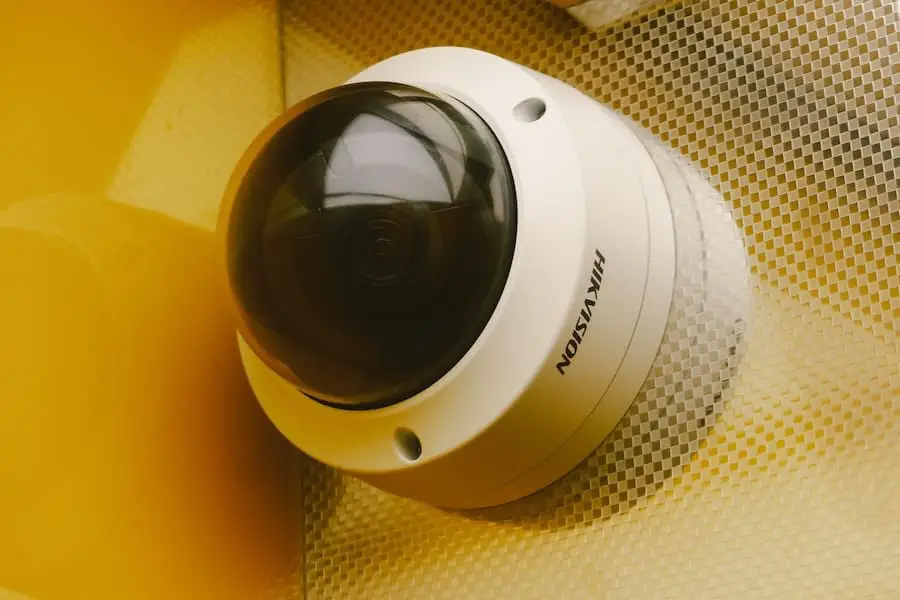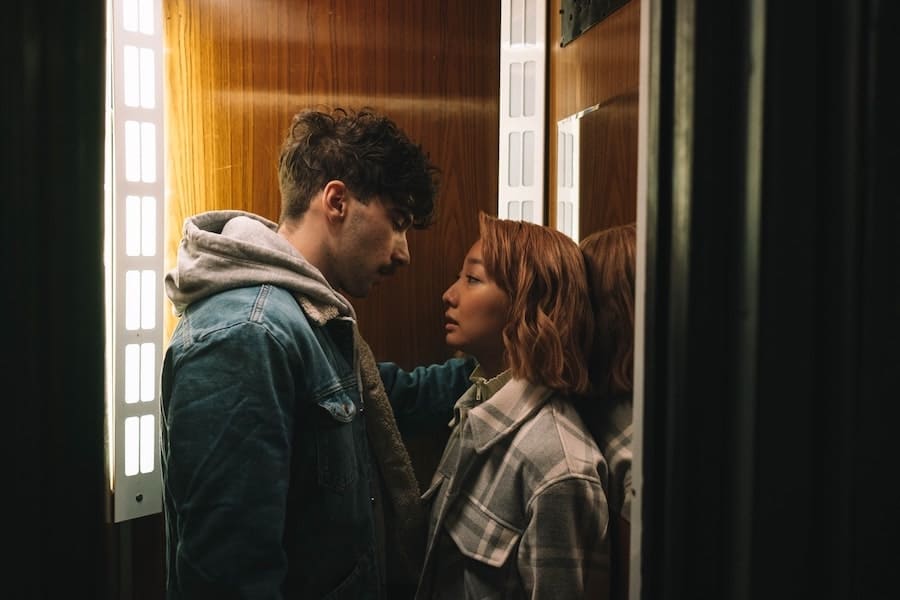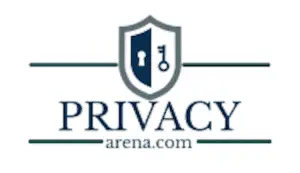It’s not uncommon to see leaked footage of people inside an elevator. Whether it’s about celebrity dramas, mysteries surrounding peculiar cases or just hilarious things that random people will sometimes do when they think they’re alone, the thought of cameras in elevators can be both comforting and worrying.
Nowadays, most elevators have cameras installed in them for better security and protection inside the building. The recordings they produce may be used during investigations and legal proceedings and can provide other value. However, not all elevators have security cameras, and elevator cameras do not have audio recordings, which goes against the wiretapping laws.
Commercial establishments and private businesses may consider having surveillance cameras as part of their security procedures and customer care service. If you’re curious about the significance of elevator cameras and how to detect one, read on to find out.
Pros and Cons of Security Cameras in Elevators
Surveillance cameras have generally done plenty of good in public protection. So, it’s safe to say that the same advantages apply to cameras in elevators. However, with great convenience comes a set of banes.

Let’s start with the benefits of cameras in elevators.
Evidence Collection
Elevator cameras can provide footage that may be used as legal evidence when a crime occurs within the building.
Many crimes can be brought to justice because of a surveillance camera in the elevator. For example, domestic abuse can be proven if footage of an assault can be taken from a security camera, including an elevator camera. Abusers often assume that the elevator is free of cameras. Hence, they tend to commit the crime assuming nobody can catch them.
A high profile case which made the headlines in 2014 is that of the incident involving the former Baltimore Ravens’ running back Ray Price, who was arrested after a surveillance footage from a hotel elevator was released by TMZ showing Price punching his then fiancé and knocking her unconscious.
Helps Avoid False Accusations
Having cameras in elevators secure legal protection for building owners, property managers, customers, and staff by providing reliable evidence of what happens during an incident of malfunction or injury occurring inside an elevator. During the pre-surveillance camera era, people could easily sue to collect money from lawsuits. But when cameras became widely used, this scam became a thing of the past.
Help Law Enforcement Investigations
When police are investigating people of interest, whether they’re criminals, missing persons, or witnesses, it’s easy to track their trail through surveillance footage, including elevator CCTV footage. Likewise, building administrators can verify where their employees, students, or clients have gone by reviewing footage from surveillance cameras.
Surveillance footage can also be used to analyze people’s actions before a significant event.
A well-known example is the case of the tragic disappearance of Elisa Lam, a Chinese-Canadian tourist, in 2013. Footage taken from inside a hotel elevator provided the last known sighting of her before her disappearance. While the leaked video was appalling given her erratic behavior, it played a major part in the investigation into her death.
Deter Crime and Vandalism
The mere presence of a camera inside an elevator can be enough to scare criminals away or at least prevent them from doing something illegal.
In some cases, it doesn’t even matter if the camera is working. Once people realise it’s there, they become more conscious. After all, criminals don’t want to get caught and charged for their crimes.
Therefore, installing CCTV in elevators can strengthen safety and protection in hotels, condominiums, schools, and commercial buildings.
Elevator cameras can unfortunately also become a source of concern.
Privacy Invasion
One of the biggest concerns regarding security cameras in elevators is the question of invasion of privacy.
People often assume that they can do private things once they get in an elevator alone, even for a brief moment. This is a common concern considering elevator cameras are always recording.

Once they understand the purpose of security cameras in elevators and the fact that these cameras are usually installed in a fashion that does not intrude on personal privacy, the question of invasion of privacy fades away.
Nonetheless, since elevators are considered a public space, there is no reasonable expectation of privacy in elevators and people should conduct themselves accordingly.
Footage and Recordings Are Prone to Abuse
People who are unaware of cameras in elevators might do things they would not normally do in public, assuming no one can see them.
While it is uncommon, and unethical, there is still a slight chance that indecent behavior caught on camera inside an elevator can be used for blackmail or sold to a media outlet for thousands of dollars. The elevator footage of Ray Price’s elevator attack of his fiancé was reportedly sold to TMZ for between $90,000 to $100,000 depending on and which source you read.
Laws About Surveillance Recordings in Elevators
Installing security cameras is legally accepted for private businesses, government offices, and other institutions.
However, the use of surveillance devices, including elevator cameras, should be within reason. This means that they should only be utilized in areas where they will serve a legitimate business purpose, including security.
Since privacy is also a major concern when it comes to security cameras, it is prohibited to deliberately release footage to the public without consent, especially if it could cause harm. Such actions can bring on legal consequences, unless the release of the footage is required by law or a part of an investigation.
For that reason, elevator cameras are always placed at a high vantage point to prevent any close intrusion into people’s intended privacy. In this way, the footage will only be limited to an overview of the space rather than capturing details that could compromise any individual’s privacy rights.
With that being said, with the advancement in the quality of commercial surveillance cameras, and the increase in the recoding resolutions and capabilities they provide, it would still be recommended to avoid things like accessing your bank account or entering credit card information on your phone while in an elevator.
Audio Recording by Elevator Cameras
While surveillance video recordings, used withing a legitimate business purpose, is generally supported by law, it is prohibited to record audio or verbal communication inside the elevator or anywhere else. Doing so violates federal wiretapping laws.
While there’s nothing you can do about people eavesdropping in the elevator, you can undoubtedly take action against security cameras recording audios and capturing conversations in an elevator.
Elevator Camera Location: How to Detect It?
You can easily find where the camera is located in an elevator considering its installation follows a particular guideline. All you have to do is look up!
Elevator cameras are usually mounted in a higher spot. Sometimes you can see it in an upper back corner facing the door. The upper corner mounting location allows a full view of the elevator space, avoids any possibility of blind spots, and allows the capture of people’s faces as they enter the elevator cabin, which can be useful for identification purposes.
Can Cameras Be Hidden in Elevators?
It is unlikely for building managers and engineers to hide cameras in elevators. Most surveillance cameras in this closed space are wired and widely visible.
However, if you’re determined to uncover illegally place cameras in elevators, you can still do so using camera detector apps on your phone or radiofrequency finders. Likewise, you can employ the same process for hidden cameras in other places.
If you’re wondering do all elevators have cameras? Then rest assured that while most newer elevators do have security cameras, not all buildings have security cameras in elevators, particularly older elevators.
Are There Cameras in School Elevators?
Video recording of children in schools may be a major concern, especially for parents. However, the use of surveillance cameras in schools have become very common. A study by the National Center for Education Statistics showed that in 2019, 86% of students aged 12-18 reported seeing one or more security cameras used to monitor their school, compared to 70% a decade earlier, representing more than 22% increase in 10 years.
There are no specific laws addressing cameras in school elevators. However, elevators are public spaces, first and foremost. Hence, they abide by the same general guidelines for use of surveillance cameras, and also follow specific restrictions imposed by the institution, and the school board.
The Alliance of Schools for Cooperative Insurance Programs (ASCIP) has published guidelines suggesting each school district should have clear policies for video and audio surveillance in schools.
If as a parent you have concerns regarding the use of cameras in your child’s school, you can always communicate with the school, parent council and your district school board about your concerns.
Other Places You Didn’t Know Have Cameras
While elevator cameras have been around for quite some time, it’s not surprising that they hadn’t caught up with some people. After all, we always have the impression that you can have private time inside an elevator if you’re on your own.
But whether it’s your first time to learn about elevator cameras or not, you would be interested to know that other public places could also have cameras installed in them, such as the following:
- School buses
- Airbnbs (that’s creepy!)
- Traffic lights
- ATMs
- Office receptions
- Hospital rooms
On the other hand, security cameras cannot be installed in bathrooms, locker rooms, and other spaces where a person would be expected to have a reasonable expectation of privacy.
Bottom Line
When you get into an elevator, and nobody else is inside, it’s tempting to do something you would not normally do in public. However, it’s crucial to remember that an elevator is still a public space – plus, there’s probably a camera recording your actions.
With that in mind, you should act more consciously as if other people are inside the elevator.
Nevertheless, the security camera in an elevator is there for your safety, and is located at a high vantage point and does not record any audio. So, just think of it as a watchful eye you can avoid contact with.


